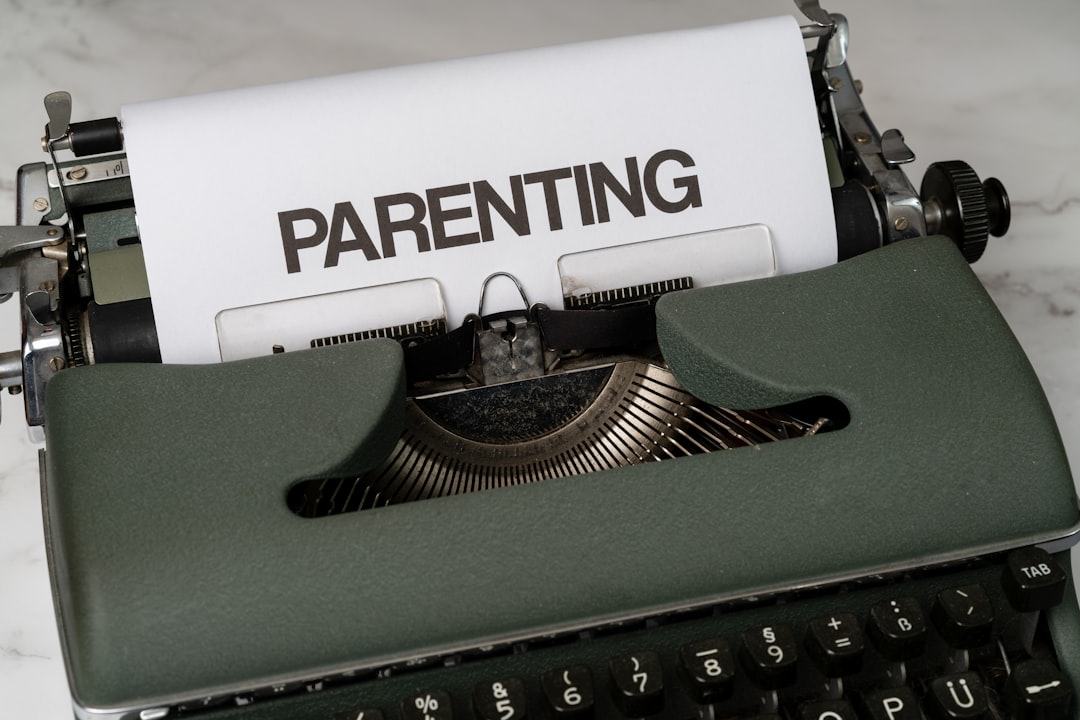In the ever-evolving landscape of parenting, the intersection with education styles forms a complex but crucial area of focus. This dynamic field not only shapes the immediate environment of our children but also lays the foundation for their future. As we delve into various parenting and education methods, it becomes apparent that the adaptability and tailored approaches are pivotal. This article explores how contemporary strategies in both domains can be harmonized to foster holistic development in children, ensuring they are well-equipped for the challenges of tomorrow.
The Scaffolding Approach in Parenting and Education
The concept of scaffolding, borrowed from educational psychology, is particularly effective when applied in both parenting and educational settings. It involves providing children with a temporary framework of support that allows them to achieve higher levels of understanding and skill acquisition than they would independently. In parenting, this could mean guiding children through complex social situations or emotional responses. In education, teachers might scaffold a lesson by breaking down a tough concept into more manageable parts. This method not only supports cognitive development but also builds a secure attachment between child and caregiver or teacher, fostering confidence and independent problem-solving skills.
Embracing Technology with a Balanced Perspective
In the digital age, integrating technology into both parenting and educational spheres is inevitable. However, the key lies in balance and mindfulness. Parents and educators can harness the educational potential of digital tools by choosing quality content and setting appropriate boundaries on screen time. Interactive apps and websites that promote learning through play can complement traditional educational methods and engage children in a manner that resonates with their tech-savvy tendencies. Moreover, digital literacy should be imparted early, ensuring children understand both the power and perils of the digital world.
The Reggio Emilia Inspiration
Originating from Italy, the Reggio Emilia approach to education emphasizes early childhood and primary education, and its principles can profoundly impact parenting styles. This philosophy advocates for viewing children as capable beings who co-construct their learning experiences. Parents and educators are encouraged to provide environments rich in opportunities for exploration and self-expression. This can be as simple as setting up a creative corner at home or allowing students the freedom to choose project topics. Such environments not only stimulate creativity but also promote emotional and intellectual growth.
Holistic Development Through Outdoor Play
The benefits of integrating outdoor play into both educational curricula and daily parenting cannot be overstated. Outdoor activities provide children with the chance to develop physically and gain essential life skills such as resilience, teamwork, and leadership. Schools that incorporate outdoor learning typically see an improvement in children’s attention spans and a reduction in stress levels. Similarly, parents who regularly engage with their children in nature help foster a lifelong appreciation for the environment and a healthier lifestyle.
Mindful and Reflective Practices in Education and Parenting
Mindfulness and reflection are vital in crafting thoughtful approaches to both education and parenting. Educators who employ reflective practices tend to be more responsive to the diverse needs of their students, adapting lessons to fit the strengths and weaknesses of the class. For parents, taking the time to reflect on daily interactions can lead to more meaningful connections with their children and an understanding of their own parenting style’s impact. Incorporating mindfulness techniques, such as deep breathing exercises or guided imagery, can enhance focus and reduce anxiety, benefiting both children and adults in managing stress and emotions.
In conclusion, the synergy between modern parenting and innovative educational strategies provides a robust framework for nurturing well-rounded individuals. By understanding and implementing these diverse yet complementary approaches, we can equip our children with the tools necessary for success in an increasingly complex world.






